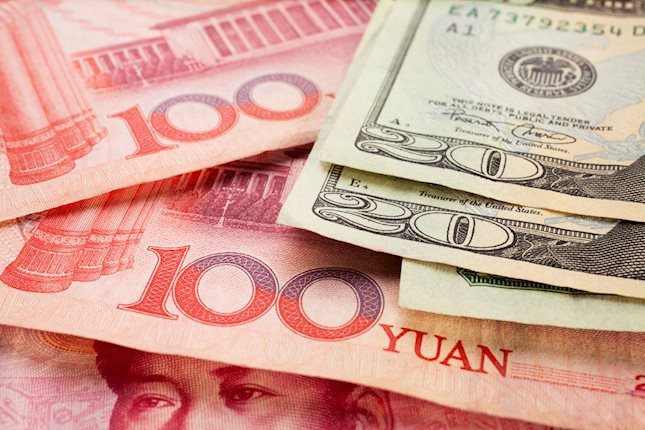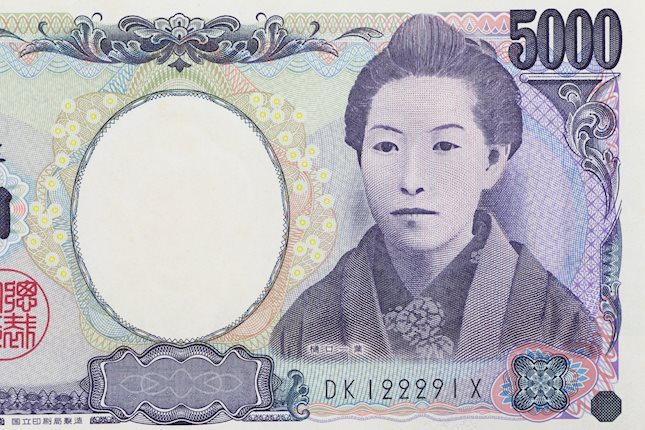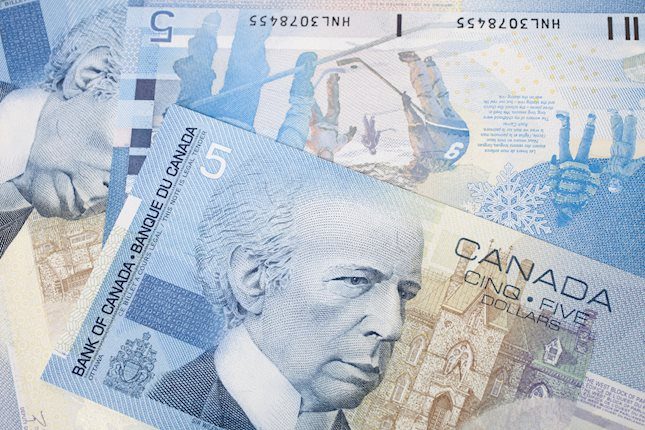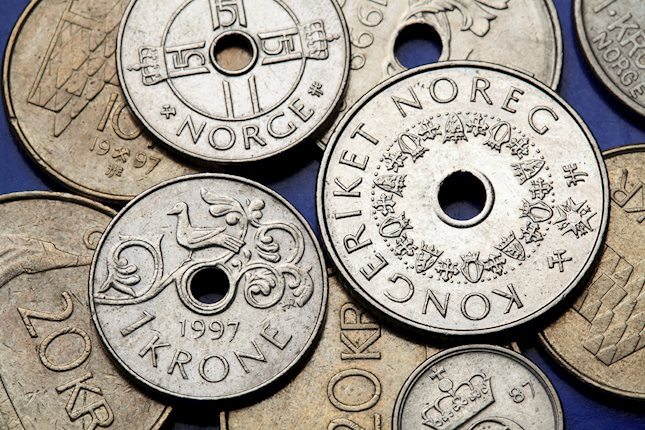-
Opps!
This language contents are not available!

Japan's LDP loses all three seats in Parliamentary by-election on Sunday
Kyo News Agency reported late Sunday that Japan's ruling Liberal Democratic Party (LDP), headed by Prime Minister (PM) Fumio Kishida, lost three key seats in House of Representatives by-elections held earlier Sunday.
This comes even as the LDP chose not to contest in the Nagasaki and Tokyo by-elections. But it lost Shimane, a long-time-held LDP prefecture.
The leading opposition Constitutional Democratic Party of Japan, led by left-leaning lower house lawmaker Kenta Izumi since November 2021, acquired all three seats by obtaining support from anti-LDP voters.
LDP Secretary General Toshimitsu Motegi, its No. 2 personnel after Kishida, told reporters in Tokyo, "We will humbly accept the results" of Sunday's by-elections, adding that the party "needs to work as one to grapple with the challenge."
Kishida's term as party president expires in September and the defeat is unlikely to work in his favor later this year.
Market reaction
Amidst the Japanese political concerns and a national holiday, the Yen is on a downward spiral so far this Monday. USD/JPY rallied hard to recapture 160.00 for for the first time since 1986 before reversing sharply to near 159.30, where it now wavers. The sharp rebound in the Japanese Yen could be attributed to increased risks of a probable intervention by Japan’s authorities.
Japanese Yen FAQs
The Japanese Yen (JPY) is one of the world’s most traded currencies. Its value is broadly determined by the performance of the Japanese economy, but more specifically by the Bank of Japan’s policy, the differential between Japanese and US bond yields, or risk sentiment among traders, among other factors.
One of the Bank of Japan’s mandates is currency control, so its moves are key for the Yen. The BoJ has directly intervened in currency markets sometimes, generally to lower the value of the Yen, although it refrains from doing it often due to political concerns of its main trading partners. The current BoJ ultra-loose monetary policy, based on massive stimulus to the economy, has caused the Yen to depreciate against its main currency peers. This process has exacerbated more recently due to an increasing policy divergence between the Bank of Japan and other main central banks, which have opted to increase interest rates sharply to fight decades-high levels of inflation.
The BoJ’s stance of sticking to ultra-loose monetary policy has led to a widening policy divergence with other central banks, particularly with the US Federal Reserve. This supports a widening of the differential between the 10-year US and Japanese bonds, which favors the US Dollar against the Japanese Yen.
The Japanese Yen is often seen as a safe-haven investment. This means that in times of market stress, investors are more likely to put their money in the Japanese currency due to its supposed reliability and stability. Turbulent times are likely to strengthen the Yen’s value against other currencies seen as more risky to invest in.
Forex News
Keep up with the financial markets, know what's happening and what is affecting the markets with our latest market updates. Analyze market movers, trends and build your trading strategies accordingly.

























